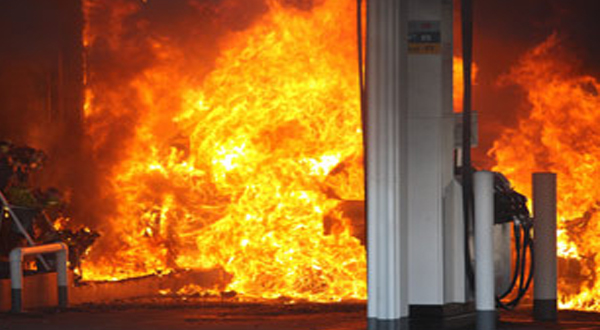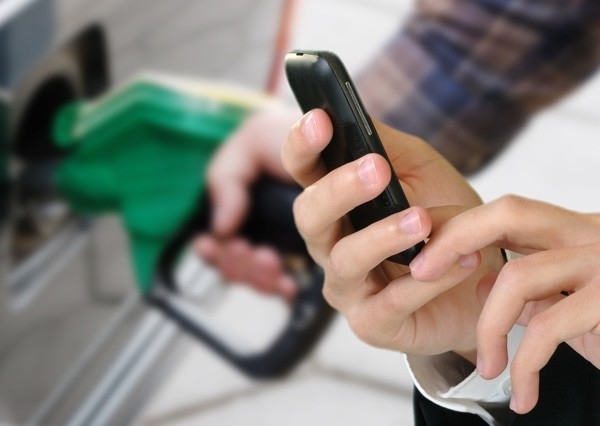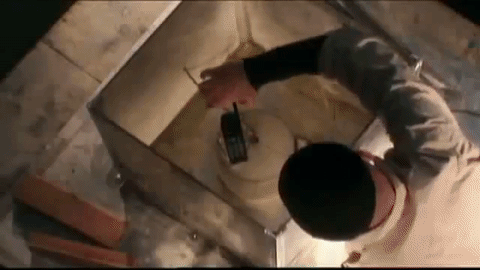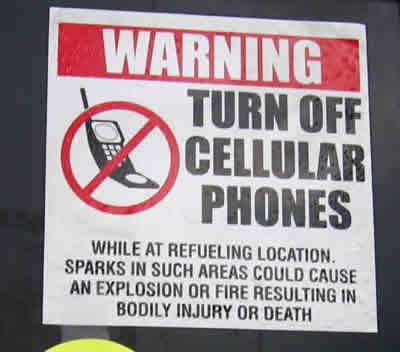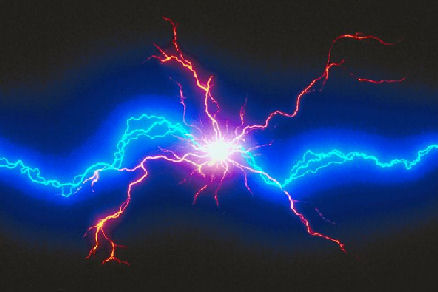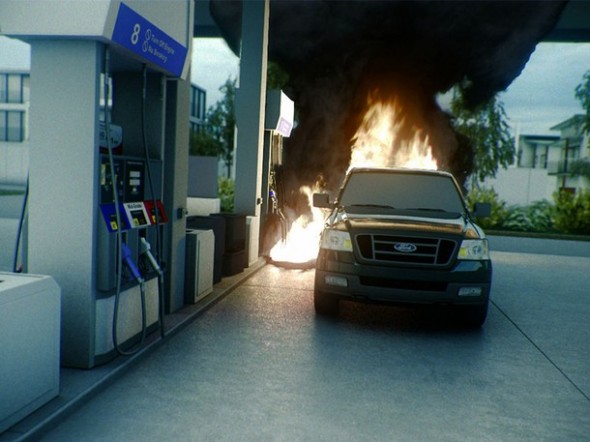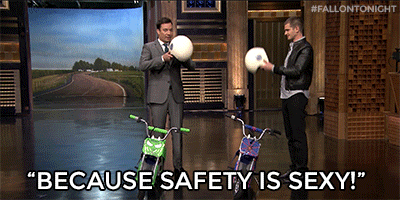Can Phones Cause Fires At Petrol Stations?
Signs banning the use of mobiles are posted in petrol stations across the country, but is it a fact or a myth?
Many of us have been wondering - can phones cause fires at petrol stations?
Signs banning the use of mobiles are posted in petrol stations across the country because it is commonly thought that they could ignite explosions.
But does it hold any truth or is it nothing but a myth?
According to experts, it is safe to use your handphones while pumping petrol. The Petroleum Equipment Institute, a leading authority for fuel and fluid equipment in the US have stated that there are no correlation between fire ignition and mobile phones
"We have not documented a single incident that was caused by a cellular telephone.
Cell phones continue to be cited as causing fires at the pump in e-mails circulating on the Internet. So far, we have been unable to document any incidents that were sparked by a cellular telephone. In fact, many researchers have tried to ignite fuel vapors with a cell phone and failed," said Bob Renke from The Petroleum Equipment Institute.
The myth was famously debunked by the Mythbusters a few years back. The episode saw Adam Savage and Jamie Hyneman trying to make a mobile phone explode in a chamber full of petrol vapour, and failed.
The team concluded that a properly-working cell phone poses almost no danger of igniting gasoline, even when surrounded by gasoline vapor with the optimum fuel-air mix for ignition.
The actual risk comes from an electrostatic discharge between a charged driver and the car, often a result of continually getting into and out of the vehicle.
If cell phones don't cause fires, then why do petrol stations put up signages that show they do?
Much like driving, the reason why you should not do so is simply because using handphones distracts you and this loss of concentration may expose to you to other dangers such as other cars moving around the petrol station.
Yup, you guessed it - the culprit that causes fires at petrol stations is none other than static electricity! First, let's take a look at what's static electricity.
Static electricity is the result of an imbalance between negative and positive charges in an object. These charges can build up on the surface of an object until they find a way to be released or discharged.
The rubbing of certain materials against one another can transfer negative charges, or electrons. For example, if you rub your shoe on the carpet, your body collects extra electrons. The electrons cling to your body until they can be released.
Every time you pump petrol, there are vapours that hangs around the nozzle, even when it's inserted in your gas tank. Those vapors can be ignited by static electricity.
Those vapors can be ignited by static electricity. If you have a habit of heading back into your car while pumping petrol, the visit inside your car might have charged you up enough to ignite those gasoline fumes. According to fire marshall Jim Farr, you can get up to 60,000 volts of static electricity just by going in and out of your vehicle.
Now that you know how fires at petrol stations are caused, here are some useful tips on preventing static fire:
1. Try not to get back in your car until you are finished pumping gas.
2. When you get out to pump gas, get rid of any static charge before you reach for the pump. That could be as simple as tapping the hood of your car, or any metal surface.
3. Experts say if a fire does start, never take the gas nozzle out of your car. That is the surest way to turn a bad situation into a tragedy. Everyone who has been hurt, injured, or has been killed, has pulled that nozzle out.
